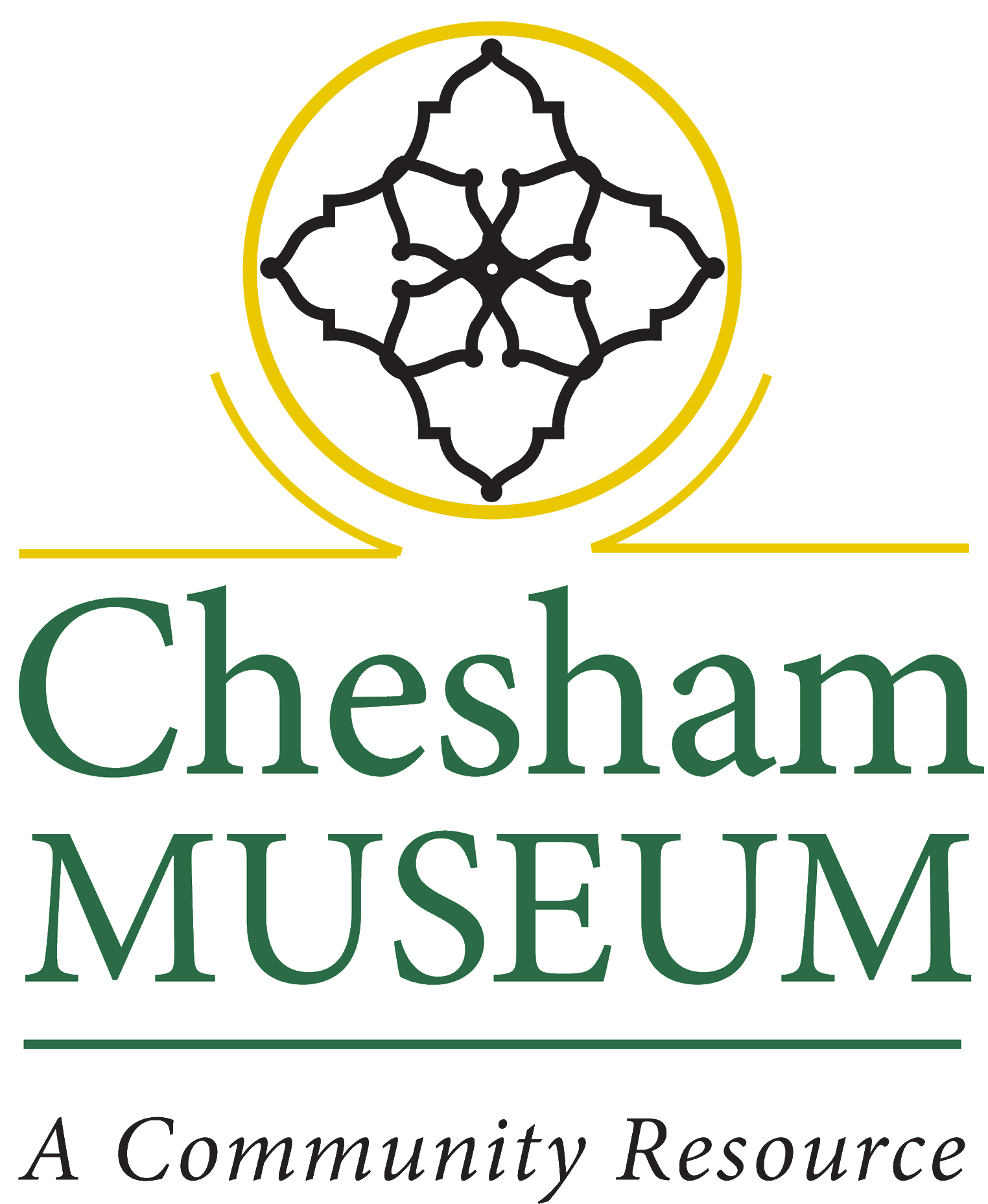The story of farmer Field and his five sons
James Field was born in Chesham Bottom (Chesham Vale) in 1791. His parents were Thomas and Ann. James farmed at Bottom Farm (Vale Farm), and so did father Thomas before him. In 1816, James married Isabella How from Aldbury. They had seven children before James died in 1841. These were two daughters and five sons.

Taken in 1900, the fields shown are now occupied by the houses in Greenway.
In 1833, James joined forces with other businessmen in Chesham who set up a Self Supporting and Parochial Dispensary to provide medical support to the poorest members of the community, who could not afford to pay for the services of a doctor and the cost of drugs. The five sons were:
James Pope Field
Known as Pope. Born in 1819, in 1851 he was farming at Shipton-on-Cherwell, Oxfordshire with his wife Fanny. They married in 1849, but Fanny died in 1858 and there were no children. The 1851 census tells us that Pope farmed 900 acres and employed 44 men. After Fanny’s death, he was seriously ill himself. In 1861 he was at a Hydropathic Establishment in Malvern, Worcestershire. The waters at Malvern were as famous as those at Bath.
By the time of the 1871 census, Pope had moved to Hammond End, Harpenden where he died in 1900. In 1875 and again in 1877, he was elected as Guardian for Harpenden for the St. Albans Union which was the governing body for the area prior to the formation of councils.
John Field
General Sir John Field KCB was born in 1821. He enlisted in the East India Company Army (Bombay Infantry) aged 18. John served with the Field Force in Afghan and Scinde and for eight years commanded the 6 th Bombay Native Infantry. In 1858, the East India Army came under the control of the British Army. As Colonel in Chief, he was in command of the Advance Brigade of the Abyssinian Expeditionary Force from October 1867 to January 1868. For four years (1879-1883) he was Judge Advocate-General for Bombay.
However, by idly glancing at a religious tract about the Evangelical Alliance left in his tent in 1848, his mind was turned to religion. This led to his devoting the rest of his life to the service of God: interpreting this as also serving his fellow man. He used to visit Chesham and preach to the townspeople.
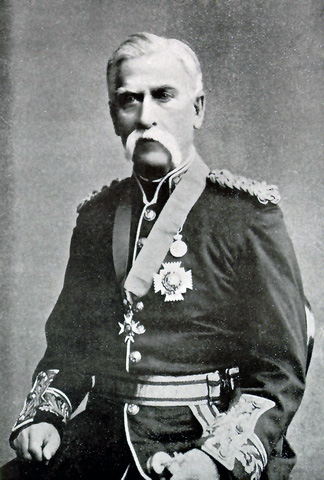
He was made a Knight Commander of the Order of the Bath (Military Division) in 1891 and aide-de- camp to Queen Victoria, and became a much respected evangelist after his retirement from the Army. He died in 1899 at his home in Guildford. Whilst on leave in South Africa in 1846, he had met and married Aletta Faure in Capetown. Aletta was in India with him until their two sons and daughter were in their teens, when she came back to England with them.
William Field
William was born in 1823 and remained a farmer. When James died, the land was divided between William and his brother Joseph. William moved further along Chesham Bottom to another farm known as White Hawridge Farm.
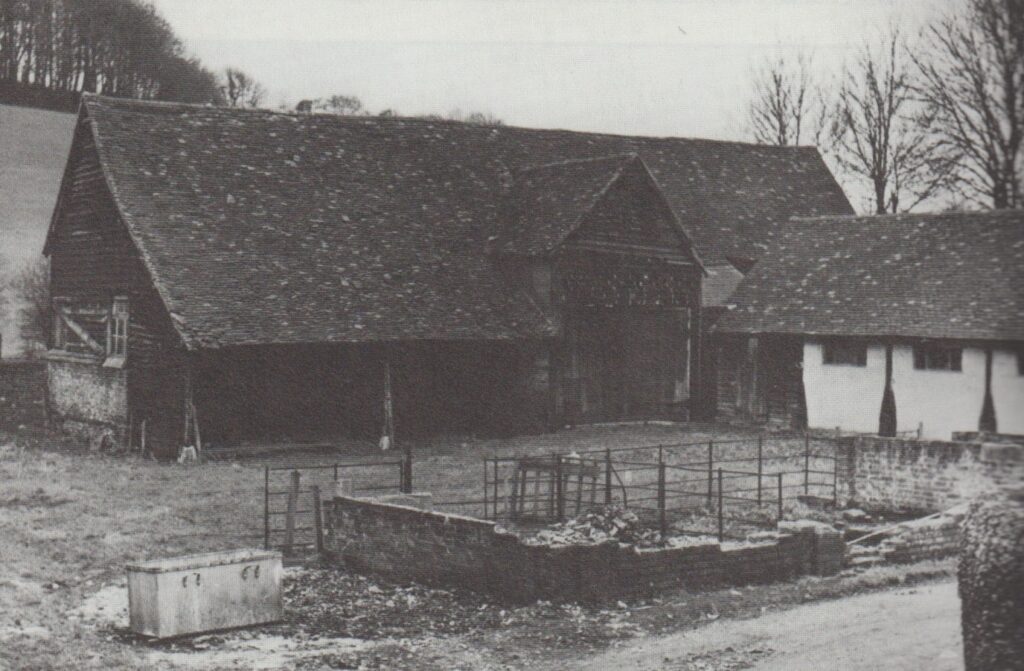
White Hawridge Farm, further along The Vale, where William Field farmed before moving to Boxmoor
In 1849 William married Maria Duncombe and by the 1861 census, they had moved to a farm in Roughdown, Boxmoor. By this time, the couple had four daughters all under 10 years old. They later moved to Northchurch but by 1887, when William died, the family had moved yet again to Caversham.
Joseph Field
Joseph was born in 1825 and took over Chesham Bottom Farm when his father James died in 1841. He married his wife Harriet in 1851 and by the 1871 census, they had four daughters and two sons.
In April 1854 Joseph became a Church Warden at St. Mary’s Parish Church and by 1867, he was a magistrate. In 1880 the Amersham Board of Guardians (who were responsible at that time for water supplies and sanitation in Chesham) compulsorily purchased Honeysuckle Field (at the bottom of Alma Road) from Joseph for £910 so that they could build a waterworks on the site.
Then the blow fell. Joseph had been suffering from the long term after-effects of a bout of typhoid fever, and in July 1884, his farm foreman Mr Reading found him hanging in one of the outhouses on the farm. At the inquest held at the farm, the jury returned a verdict that he had committed suicide by hanging himself while labouring under temporary insanity. His grieving family sold the farm and Harriet and the children moved to Lewes in Sussex.
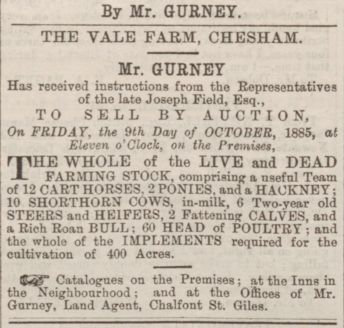
Edward Field
Rear Admiral Edward Field CB MP was the youngest of James’ sons. He was born in 1828 and enlisted in the Royal Navy as a midshipman at the age of 15. By 1866 he was the Commander in HMS Helicon of the Channel Squadron.
By 1871 he had retired and was living at The Grove, Alverstoke, Hampshire with his wife Mary Ann. They had one daughter. Edward was a JP. At the 1885 General Election, he was elected as Conservative Member of Parliament for Eastbourne. He was by this time a Rear Admiral and spoke on naval matters in Parliament although he frequently clashed with the Admiralty on policy.
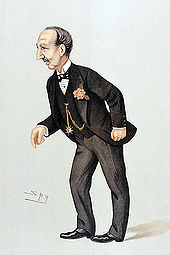
Edward was jokingly awarded “the yellow coat and peacock feathers” by the press (which was traditionally an empty honour given to a useless courtier by the Emperor of China) because he was a naval officer without a command. He was thereafter known as the Yellow Admiral and a famous caricature was produced of him. He stood down as an MP at the 1900 General Election. He was appointed a Companion of the Order of the Bath in 1897 and died at Alverstoke in 1911.
